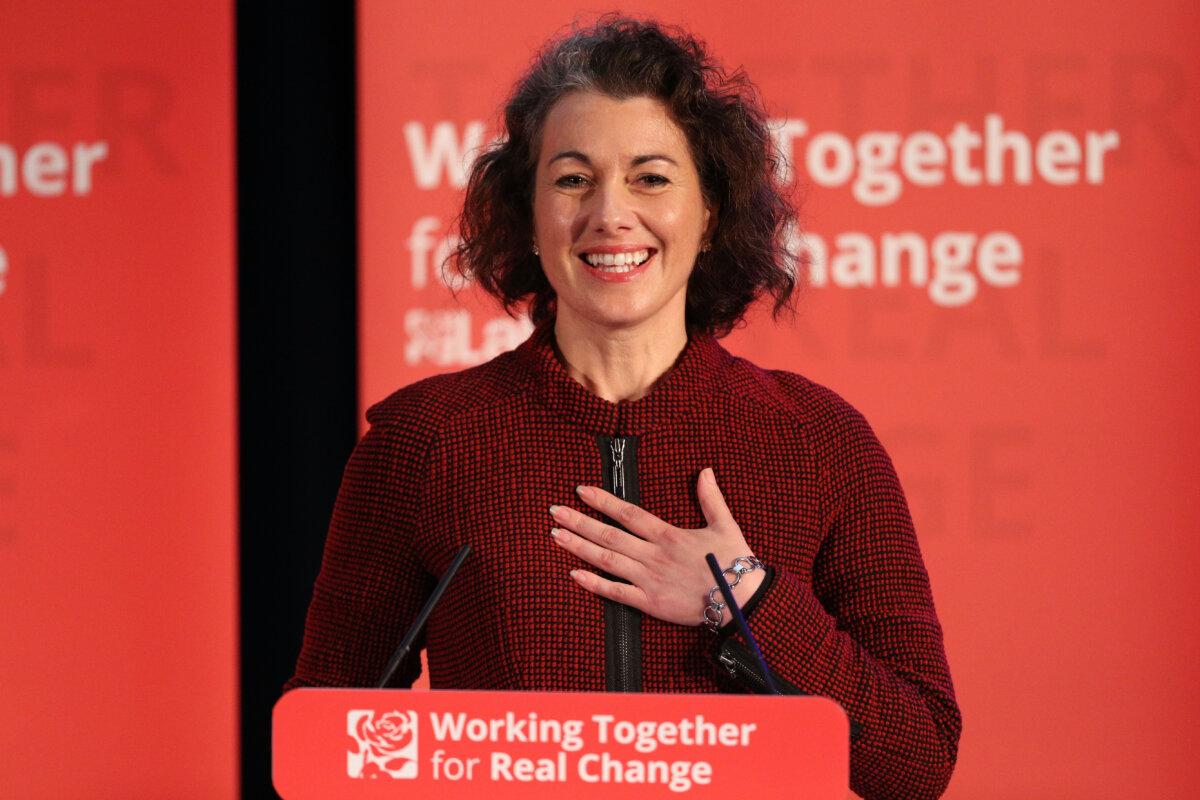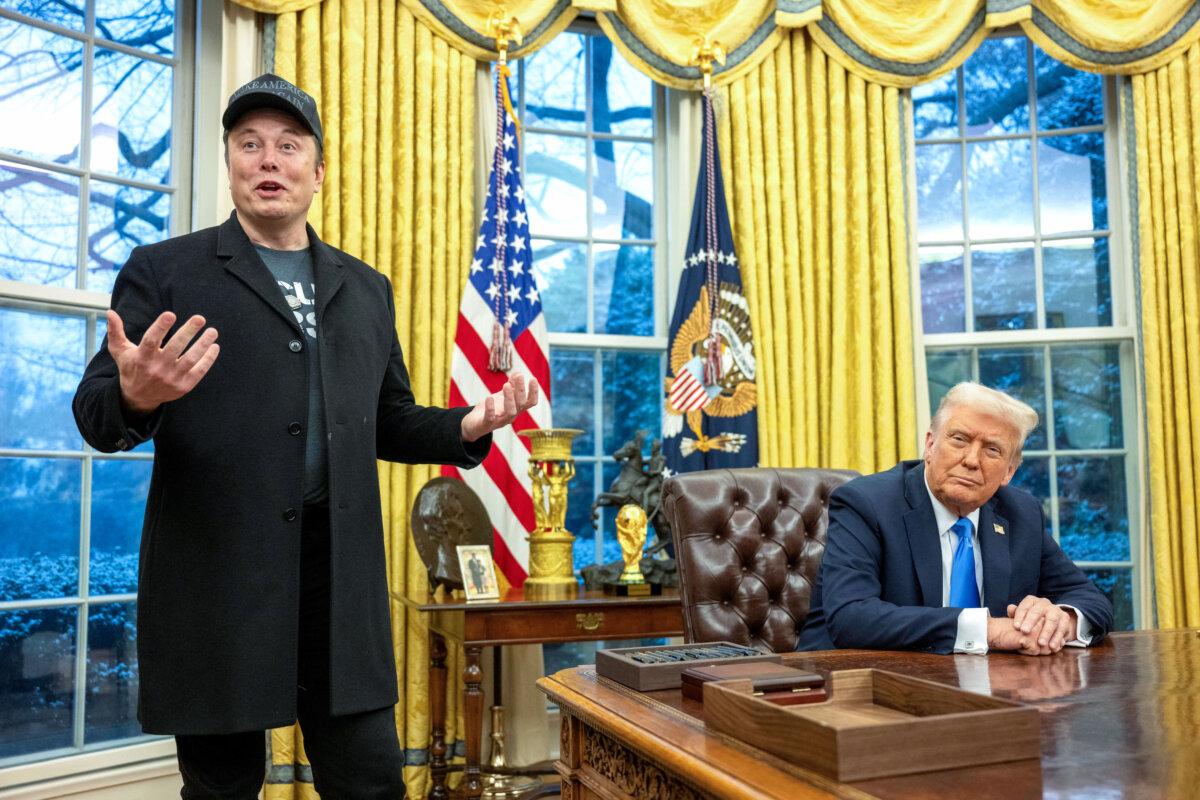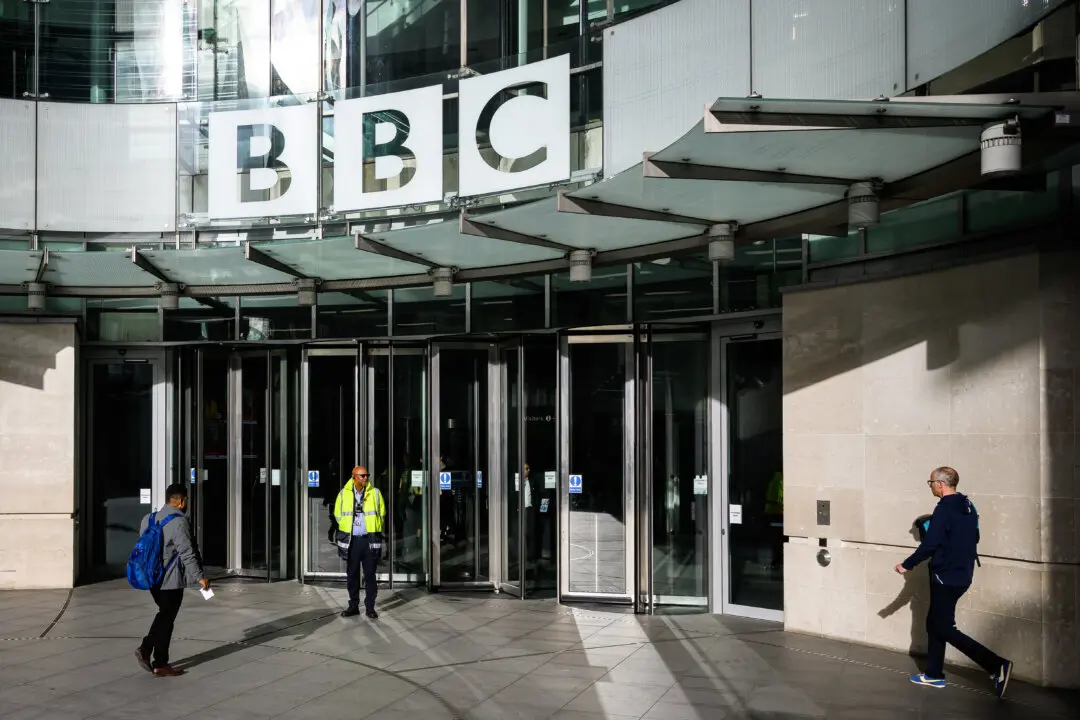The minister responsible for foreign aid has denied claims that the government is following the lead of the United States government’s efficiency drive after she told MPs the days of the UK acting as a “global charity” were over.
Baroness Jenny Chapman appeared before the Select Committee for International Development on Tuesday, telling MPs that since the budget has been cut, programmes connected to “gender and education” were likely to be scaled back, while the government will continue to provide humanitarian aid and funding for global vaccine development.
Chapman, who took over as international development minister in February after Anneliese Dodds resigned over cuts to the departmental budget, told MPs: “The world has changed, and with it so must our approach.
‘Crisis’ in Public Support
Chapman said that polls reveal an “absolute crisis” in public support for the international aid budget, adding that many of the UK’s partner countries also wish to “move on” from the existing model of continuously giving to less developed countries.Arguing that the UK needs to focus more on sharing expertise than providing cash, she said: “While our commitment to helping those living through emergencies is unwavering, for countries developing, we need to be an investor and not just a donor.
“It’s about partnership and not paternalism,” she said, adding that the UK should be helping other countries to “exit the need for aid” rather than keeping them in a state of dependency.
Committee chairwoman, Labour’s Sarah Champion, challenged Chapman on her remarks, saying she “never saw aid as charity.”
Chapman, who was Prime Minister Sir Keir Starmer’s political adviser when Labour was in opposition, said she agreed, but there was less money available for the aid budget, and that she had to “speak very bluntly” when telling the public how taxpayer money was being spent.
She said: “We are not talking to ourselves and I want the public to know, I want them to have confidence in the money that we are spending so we get their consent to continue with this agenda.”
The minister added that polling showed the public expects the focus for overseas spending to be on humanitarian aid, such as giving food and shelter to those in war-torn countries.
Chapman said she believes there is public support for global health programmes, including vaccine research and development, and for spending on “climate change and nature recovery” projects abroad, although she did not cite the source of the polling.

‘An Unfortunate Coincidence’
Chapman’s appearance before the committee followed the government’s announcement in February that it will reduce the aid budget from 0.5 percent of gross national income (GNI) to 0.3 percent, in order to pay for increased defence spending.The move followed U.S. President Donald Trump’s creation of the Department of Government Efficiency (DOGE), headed up by billionaire entrepreneur Elon Musk, which targeted spending perceived as wasteful throughout all departments, including international aid.
Asked by the committee whether she thought the United States was “driving our policy,” Chapman replied that it was “an unfortunate coincidence” that the cuts in Chancellor Rachel Reeves’s budget had followed the creation of DOGE.
“This is about necessity rather than ideological beliefs ... this is a response to a geopolitical context that we really wish wasn’t there,” Chapman said.
UK aid spending in 2023, the most recent year for which figures are available, stood at £15.3 billion, which represents 0.58 percent of GNI in that year. The policy of the Conservative government at the time was to spend 0.5 percent of GNI, but it spent more than this, largely because of spending on refugees and illegal immigrants claiming asylum in the UK.

Calls have grown in recent months for the UK government to introduce the equivalent of DOGE, after the extent of so-called “woke waste” spending on projects abroad which fall under the umbrella of diversity, equality, and inclusion (DEI) has come under scrutiny.
The bulk of the funding subject to most criticism has come through the foreign aid budget administered by the Foreign and Commonwealth Development Office, although spending at home for academic and arts projects that appear to push the DEI agenda has also come under fire.
The UK’s decision effectively cuts the aid budget by 40 percent. Chapman said she had “no reason to think” it would fall further.
Champion told the minister she was concerned about a lack of “concrete commitments” on which areas of the developmental budget would be preserved and said it appeared that education and women and girls are “no longer priorities.”
‘A Political Choice’
She said Chapman had admitted that the government’s change of direction was a “political choice” but that “choices have consequences,” which she said could seriously impact the UK’s standing internationally.Champion said: “Ministers insist that the UK remains a key player on the world stage. But I remain deeply concerned that we are laying down tools just when we need to get to work.”
Chapman said that work which could be classed as “developmental” was distinct from “aid” in the sense of food and shelter to save lives.
The minister’s remarks drew swift condemnation from aid organisations, which said that recent cuts to the aid budget could cost lives in the developing world.
Moazzam Malik, CEO of Save the Children, said: “UK aid should never be seen as charity or handouts. It is about solidarity with those left behind to create a more just, safe and prosperous world—one where children everywhere, including in the UK, can realise their potential.
“Baroness Chapman said that work to develop economies is a key priority but decimating support for education and equality for girls will hold back this aspiration. It will leave children trapped in cycles of poverty based on who they are.”

Gates to ‘Remind’ Government of Commitments
In a recent interview with The Telegraph, billionaire Microsoft founder Bill Gates, who has met privately with Starmer, called on the British government to reverse its cuts to the foreign aid budget, saying he planned to “remind” Starmer and Reeves “of their commitment” to international aid.Gates, who also met Starmer when he was leader of the opposition in 2022, said, “No doubt when they meet with me [next] I will remind them of this commitment to try and restore this funding.”
Chapman told the committee that the UK would not cut its funding to the global immunisation research and development programme, saying: “We develop vaccines. We’ve got a good story to tell. We’ve got enormous expertise and research and development capability here, which we should be making the very most of.”







